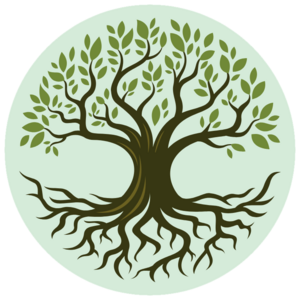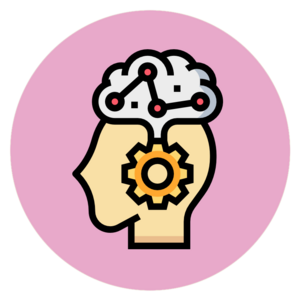Community Building and Prevention

In a Community Building workshop, people in a department, organization, or on a team come together in a circle process to get to know each other, develop shared values and community agreements, and learn more about their own and others' listening and communication styles. We consider these to be proactive and preventive spaces for building trust and developing empathy and care, so that people are less likely to engage in behavior that causes conflict or harm. These are also ideal spaces for addressing issues of diversity, equity and inclusion, as people are introduced to practices that ensure all voices are heard, create cultural norms that are inclusive and celebrate difference, and establish supportive environments for accountability-taking.
Conflict Transformation

As people find themselves on different sides of issues, conflict is inevitable. We recognize that conflicts can deeply impact individuals and communities, and we also believe that Restorative Practices can provide ways for navigating conflicts so they become opportunities for learning, growth, and transformation. Participants in this workshop are invited to consider new ways of engaging conflict with a recognition of power dynamics, practicing active listening and listening to understand, considering intent and impact, and identifying and addressing unmet needs that often cause conflict to occur. Participants learn about and practice "calling in," using affective language, restorative conversations, and accepting feedback as a gift.
Racial Healing

In our efforts to address racial and other identity harms on campus, we engage restorative approaches to provide spaces for honest and open conversations about the range of harms people experience on this campus, their impacts, and the needs they generate. In these encounters, participants are invited to listen with empathy and put move out of defensiveness to acknowledge and validate each other's experiences, and to take accountability for our part in the harm. Workshops provide an analysis of the interpersonal, cultural and structural levels of harms and their impacts to invite deeper conversation about how unintentional language and behaviors, unspoken cultural norms and unconscious biases can obstruct goals of inclusion and equity and retention. Through inclusive dialog where all voices are welcomed and supported, people share ideas and strategies for addressing and repairing harm, and for real cultural and strcutural transformation that supports the values and commitments for true diversity, equity, and inclusion.
Micro-aggressions Workshops

In these workshops, we take time at the beginning to check in and develop shared values and community agreements for difficult converesations. Once people are settled into the space, the workshop presents an analysis of what micro-aggressions are, how they are experienced, and their immediate and long-term impacts on individuals and communities. Recognizing that we all commit and experience micro-aggressions, it is also emphasized that, through intersectional identities, some people experience a much higher volume and density of micro-aggressions than others. This sets the stage for a deep-dive conversation about participants' experiences of committing and experiencing microaggressions, through a framework of recognizing and acknowledging harms impacts, and needs. The ultimate goal of this workshop is to build on participants' lived experiences to develop collective wisdom around harm in their community and pro-active approaches for addressing micro-aggressions before, during and after they occur.
RJ and Practice 101

Whether you are new to RJ or have experienced it in the past, this workshop explores its origins and equips you with the tools and resources you need to implement RJ in your own life after developing shared values and agreements. This interactive training helps you to define RJ, learn about the circle process, compare RJ to punitive justice, develop the language of RJ, and explore the needs of yourself and others. Learn why community building is so important to the foundation of RJ and how to approach difficult situations with an open mind.
Advanced Restorative Justice

